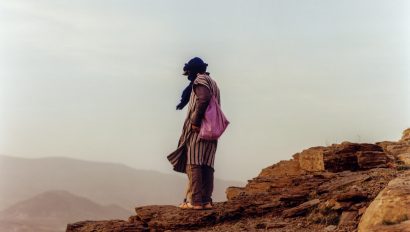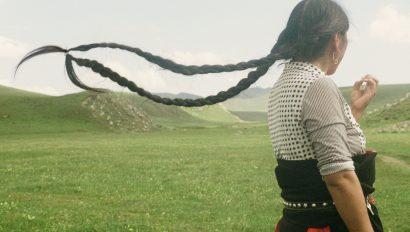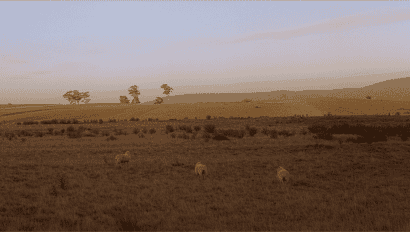Introducing Our New Short Film ‘Now We Live in Paradise’

“Now We Live in Paradise” is a short film by Textile Exchange that illustrates how the materials in our clothing and textiles can be integrated into agricultural systems that nourish the land and the surrounding nature.
The film follows the stories of five smallholder cotton and cattle farmers around Brazil who have successfully returned the biodiversity to their small plots of land, which are also the places they call home. Their farmland, once degraded, now provides cotton for clothing and cattle for leather, alongside a multitude of food crops to feed their families. Each of these farmers has immense pride in their home farms, which they share with a flourishing spectrum of plants, flowers, and insects.
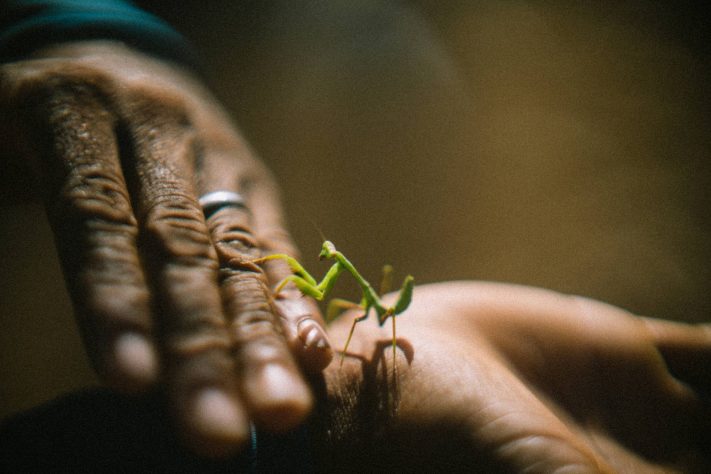
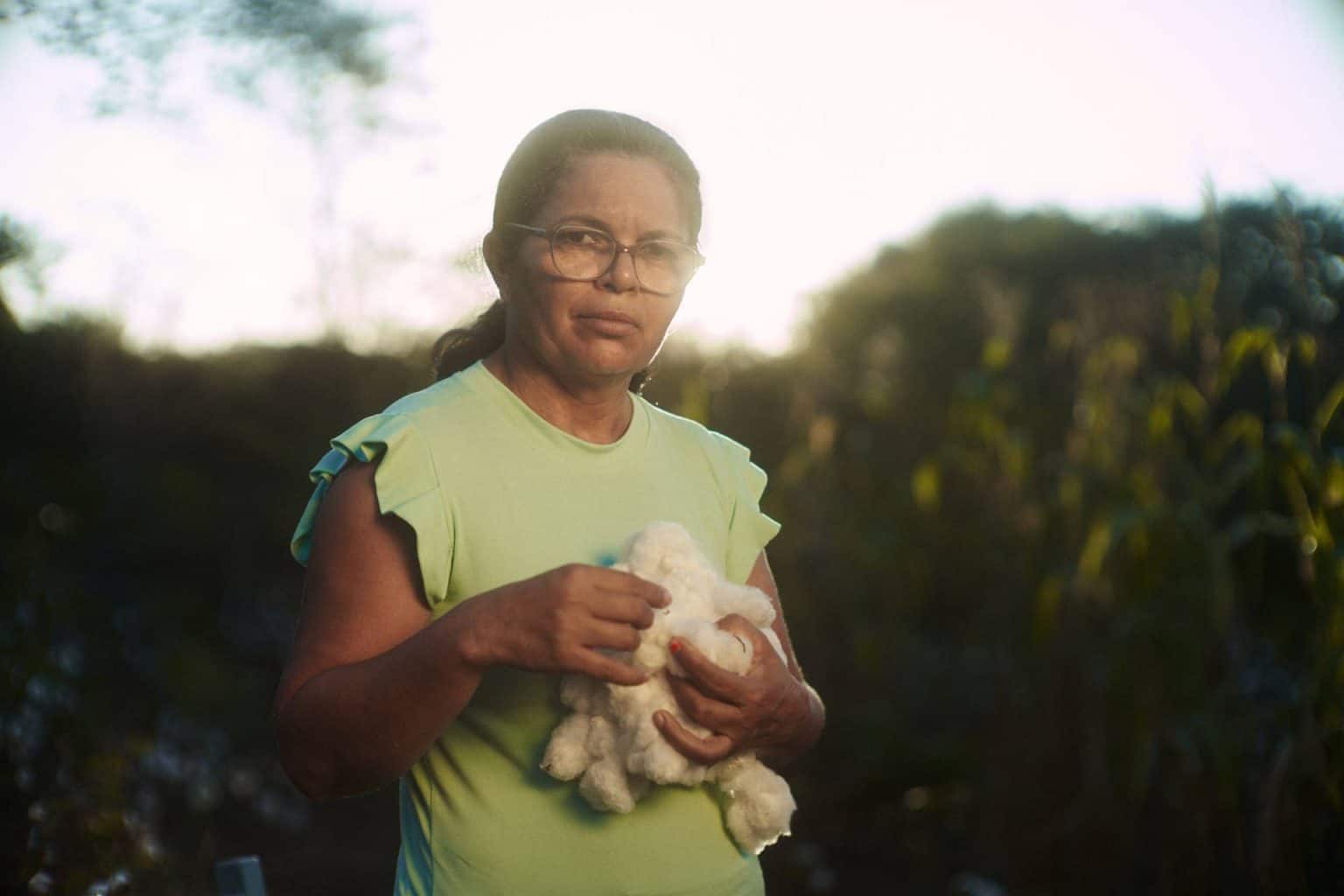
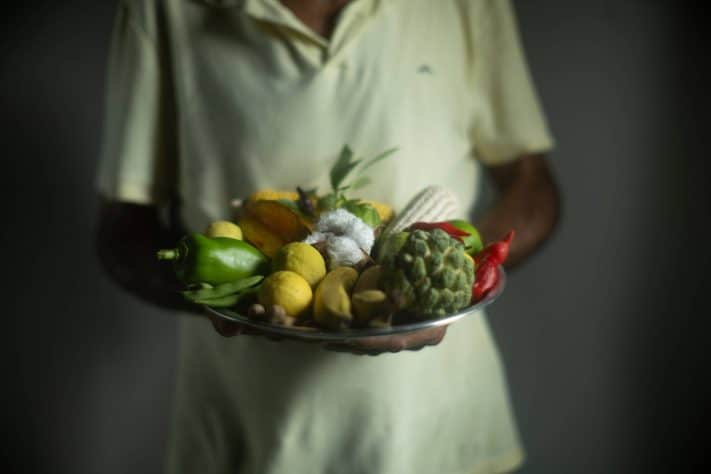
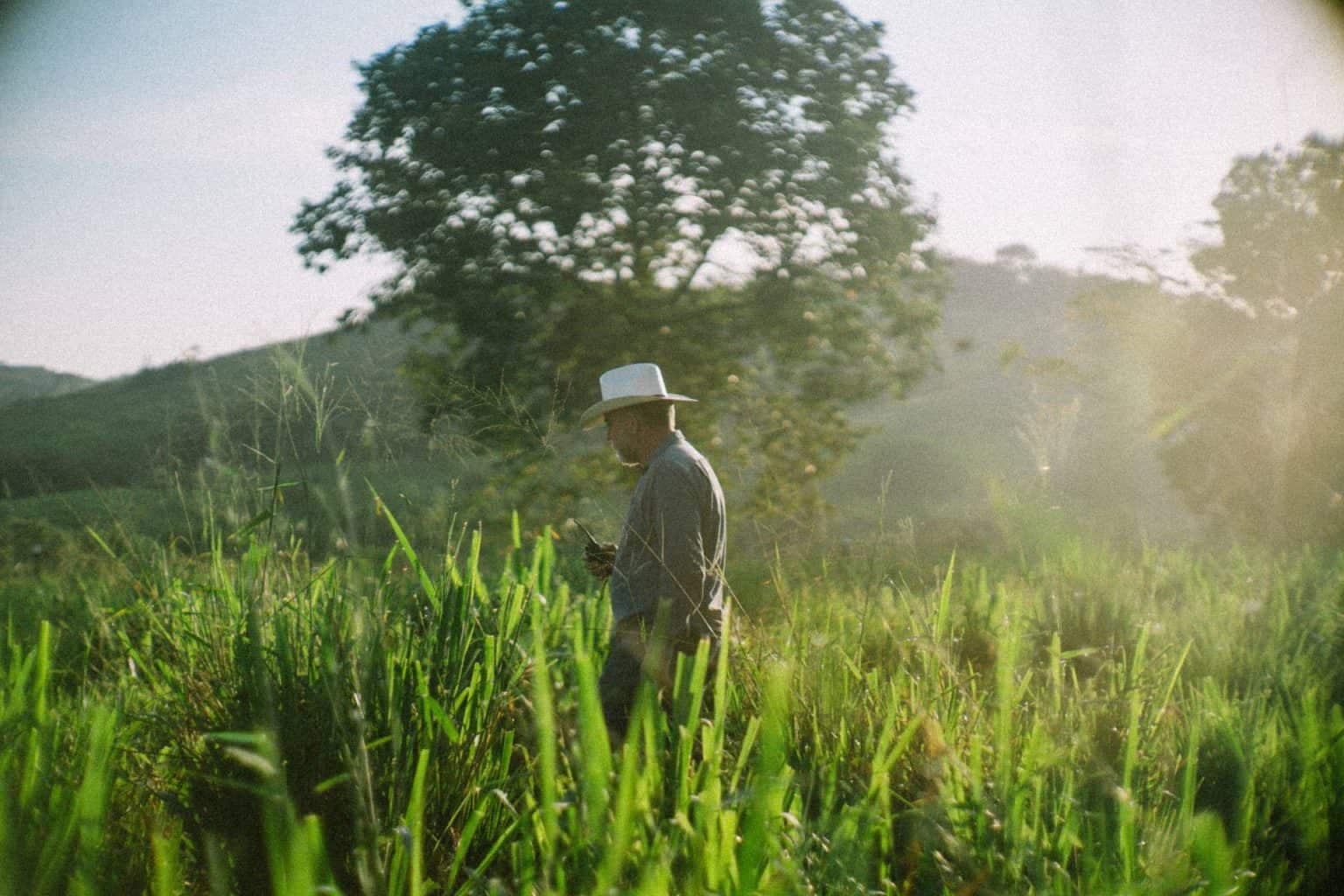
Whether through safeguarding the forest within the perimeters of their land, rotating the plots on which their cattle graze, or choosing to interweave crops like corn and sesame with cotton, their stories show that material production can work in harmony with nature, rather than against it.
The film gets its name from a reflection shared by one of the farmers: “Hoje eu moro no paraíso – Now I live in paradise.” It hopes that the care they have over their land can serve as an example to others, in how we can protect this planet we all share as our common home. And only when we do can we see how generously it gives back to us.
Watch the full film
Film director: Sabrina Duarte DOP: Danilo Arenas Photographers: Danilo Arenas and Sabrina Duarte 16mm Cameraman: Nestor Grun 1nd AC/ Logger: Giovanny Oliveira Audio: Lauro Lopes and Pedro Emílio Sá Production company: Taurina Productions Executive production: Arabi Mesquita Producer: Alice Zampieri Film editor: Nathalia Kamura Soundtrack, SFX and mixing: Giovanna Ferreira Designer: Júlia Capanema Color: Ronnie Outtch Post-production superviser: Miguel Lima
Get to know the featured farmers
Now We Live in Paradise takes us from the densely green yet dusty town of Novo Repartimento in Pará, known for its cattle production, to the rocky hills of Ceará in the Northeast, where communities grow cotton. Though miles apart, both regions are home to smallholder farmers who innately understand the natural value of the places they call home.
In Pará, farmers enhance their income by cultivating açaí and cacao trees with support from Solidaridad’s RestaurAmazônia project. In Ceará, agroecological cotton is grown alongside food crops like corn and sesame, a practice guided by soil technicians from the nonprofit Esplar. Keep reading to learn more about their individual stories.
João Félix de Souza
On João Félix de Souza’s land, fruits, vegetables, and cotton are interspersed, growing alongside each other with Edenic appeal. Out of his living room window, a large neem tree provides shade, no doubt strategically planted for its natural pest-deterring properties.
“In my field, there are corn, beans, cotton, angelim, watermelon, cucumber, pumpkin, and grass,” he smiles. “I have other crops planted as well. I have peanuts, rice, and more. There are many things, like green onions, lemons, oranges, coconuts, star fruit…”
But there is plenty of logic behind this eclectic mix — with each crop offering different properties to benefit the whole. “Some crops deplete the soil of everything it has, while others, like beans and legumes, replenish some of the nutrients that the soil needs,” he explains.
Souza’s land wasn’t always home to such a thriving mix of plants. “If you had seen this place 20 years ago, it was completely different — just a small house with four rooms,” he recalls. “None of the trees were here.”
But thanks to all that he has learned, his home has become a sanctuary, not only for nature but for his family too. “Now, we live in paradise,” he smiles, speaking with a sense of pride.
“I believe that our community is one of the best in the world. We’ve learned to understand nature and how to live together as men and women. I always say that our job, our duty, is to pass on to others what we’ve learned so that it benefits the environment in the future.”
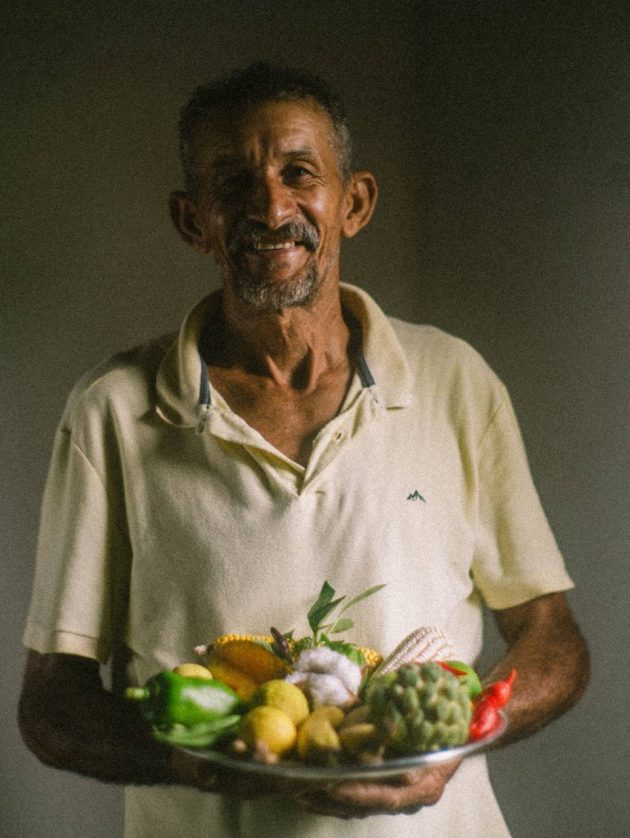
Valdemiro Broech
When coffee farmer Valdemiro Broech left his home near what is now the city of Linhares, Espírito Santo, he didn’t feel like he had much choice. It was 1989, and the destruction of the surrounding forest was affecting the climate, his harvests, and his ability to provide for his family.
“When we got there, it was all forest. It rained a lot, and we harvested everything we planted. But when we left, the destruction of nature, of the forest, of the climate was already completely out of control. We planted things and didn’t harvest anything.”
His journey took him to Novo Repartimento, a remote town on the edge of the Amazon rainforest in Pará. Finding himself unable to acquire land due to the political situation, Broech worked as a farm laborer before moving to the rural settlement of Tuerê. It is now home to over 3000 settler families, many of whom — like himself — came in search of opportunity.
“When we arrived here, we thought about finding land that was preferably pure forest and had good water,” he recalls. “We found this piece of land with good water and forest, and I said to myself, this is where we will stay.”
Broech’s holding hums with birds and insects, a verdant canopy including his own cocoa and açaí trees, which he learned to cultivate with help from the Brazil division of the Solidaridad organization and its RestaurAmazônia program. When grazing his cattle, he does so in the knowledge that he cannot convert forest to pasture like many others around him have done.
“Those who have some forest left around here are us, our family,” he explains. “We have a larger piece of forest in the middle of the property, and we are conscious that we have to preserve it; we can’t destroy it, can’t cut it down.”
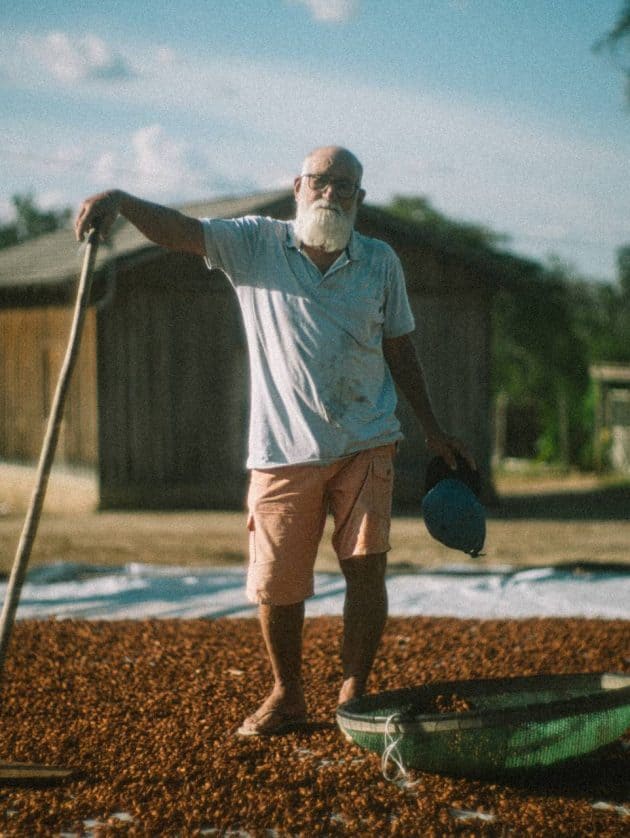
Maria Alcy Perreira dos Santos
It’s easy to perceive Maria Alcy Perreira dos Santos’ innate connection to the land she lives on. She was raised on this same farm in the Quixadá municipality in Ceará, which used to be owned by her father. But the view from her family house, nestled behind the small fields, hasn’t always looked how it does today.
Having purchased a small plot of the land from her father, Santos set out to rebuild the health of the overworked soil to ensure it can continue to serve her and her children for years to come. “I started taking care of the land, cleaning out other people’s cattle pens and collecting manure. I would gather it up, bring it here, and spread it on the soil. Everyone said I was going crazy, but I decided not to clear any more land.”
Today, she grows cotton in an agroecological system alongside corn and sesame plants, interspersed with cashew trees. Acerola, bananas, umbu-cajá, graviola, lemons, mango, mulberries, papayas, soursop and tangerines are just some of the crops she rotates, nourishing the soil and providing food for her family.
Technicians from Esplar, a local NGO providing support to farmers, have helped Santos expand her understanding of agroecological practices. But nothing defines her approach to growing more than her deep-seated respect for nature. “I don’t know where agroecology begins and ends, but it’s everything that surrounds me now,” she summarizes neatly.
And her efforts are being rewarded. “I didn’t hear a single bird when I first arrived here because everything had been cleared. The forest was so weak,” she recalls. “But now, when you wake up in the morning, you wake up to the birds singing.”
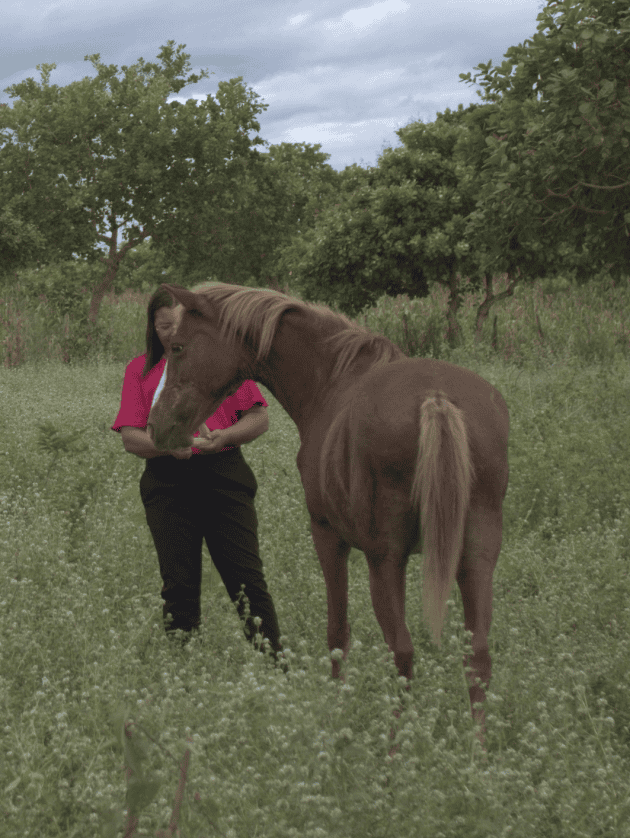
Edilson José Pedro
Edilson José Pedro has always been enthusiastic about optimizing processes on his farm. He was quick to understand that rotating diverse grass types for cattle to graze on, along with cocoa, açaí, and lemon trees makes perfect business sense — while protecting the health of his land at the same time.
“We have a serious monoculture problem here in the state of Pará. And when you practice monoculture, when a disease comes, it affects the entire crop,” he explains. His nuanced understanding of his own land has helped him harness the diverse qualities its different areas offer. He’s learned where to grow panicum grass and where brachiaria thrives instead, and that sometimes, it’s beneficial to mix the two. He even knows that to feed his cattle most efficiently, he must graze them on the right grass at exactly the right time, when its protein levels are naturally at their highest.
Thanks to his involvement with Solidaridad, Pedro is expanding his knowledge of rotational management. “We need to produce according to the area’s suitability,” he explains. “Sometimes I want to put cattle in a lowland area where I could produce high-quality açaí. Sometimes someone else wants to plant açaí on a hill where costs will be high because they will need a lot of water and resources.”
Pedro is already keen that this knowledge is passed on, creating a system in which experiences and learnings can be shared helping farmers become stronger financially while taking better care of nature. For him, this is the key to slowing down deforestation in the area.
“We don’t need to clear land today. We need to educate people so that we can produce more on already productive land. But to do that, we need awareness. We need to create productive hubs and demonstration schools so people can become aware, copy what is being done, and believe in it.”
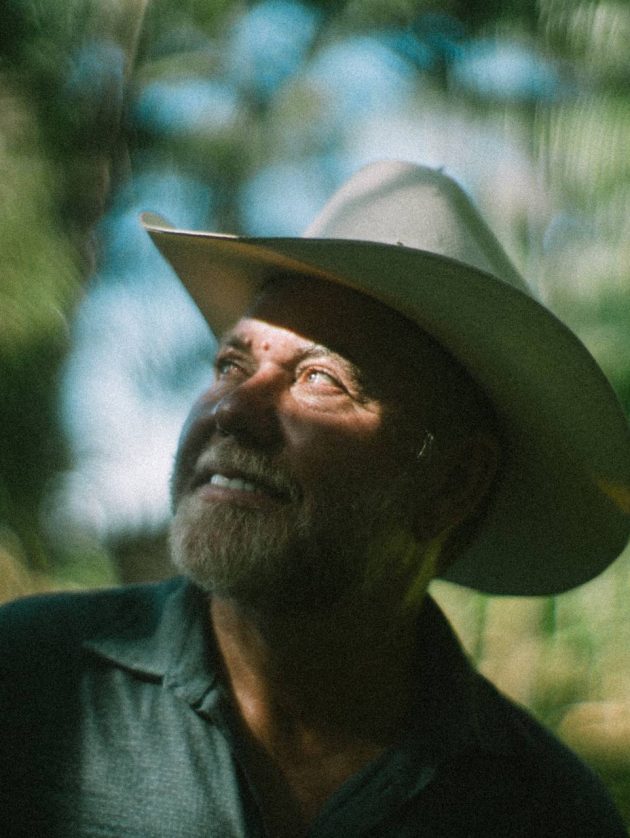
Vanusa Inácio de Carvalho
Vanusa Inácio de Carvalho is one of twelve women in the community village of Irapuá, in Nova Russas who have joined forces to farm using agroecological methods in their backyards. Together, the self-named Abelhas Lutadoras do Sertão (the Fighting Bees of the Sertão) grow beans, corn, sesame, pumpkin, and peanuts — and have now added cotton to their portfolio.
According to Carvalho, before the women began planting cotton, much of the land was planted with monocultures — just corn, or corn with beans. Today, intercropping cotton with a diverse range of crops is in turn adding more value to the consortium and building back soil health too.
The fact that this cotton is now used in clothing and shoes sold globally is a source of pride for the group. “It’s enjoyable and fulfilling to go to the field and know that what’s there was made by you, to be able to harvest the cotton,” Carvalho smiles. “We don’t realize it, but we are going beyond what we think we can do because we are producing [the cotton] in our backyard, and it goes out into the world.”
She hopes that those sourcing the fibers and buying the final products take the time to think about who grew it, and the innate respect for nature that agroecological farming requires.
“People should be aware and value not just the beautiful piece of clothing that’s already ready, but the hard work that starts with the men and women in the fields. It’s not just about seeing the finished product but understanding the effort behind it.”
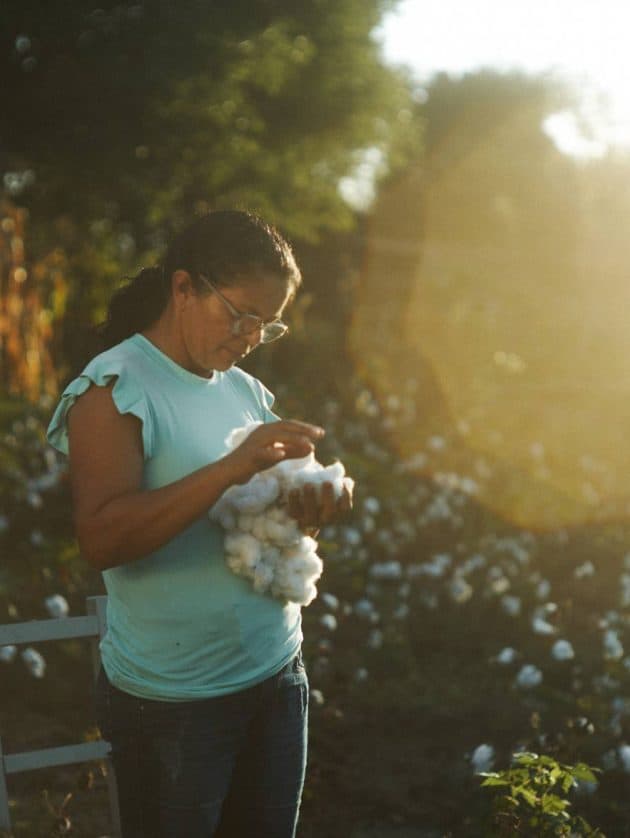
A special thank you to both Solidaridad and Esplar for their support in bringing this film to life, as well as Valdemiro Broech, Edilson José Pedro, Maria Alcy Perreira dos Santos, João Félix de Souza, and Vanusa Inácio de Carvalho who kindly shared their stories.
